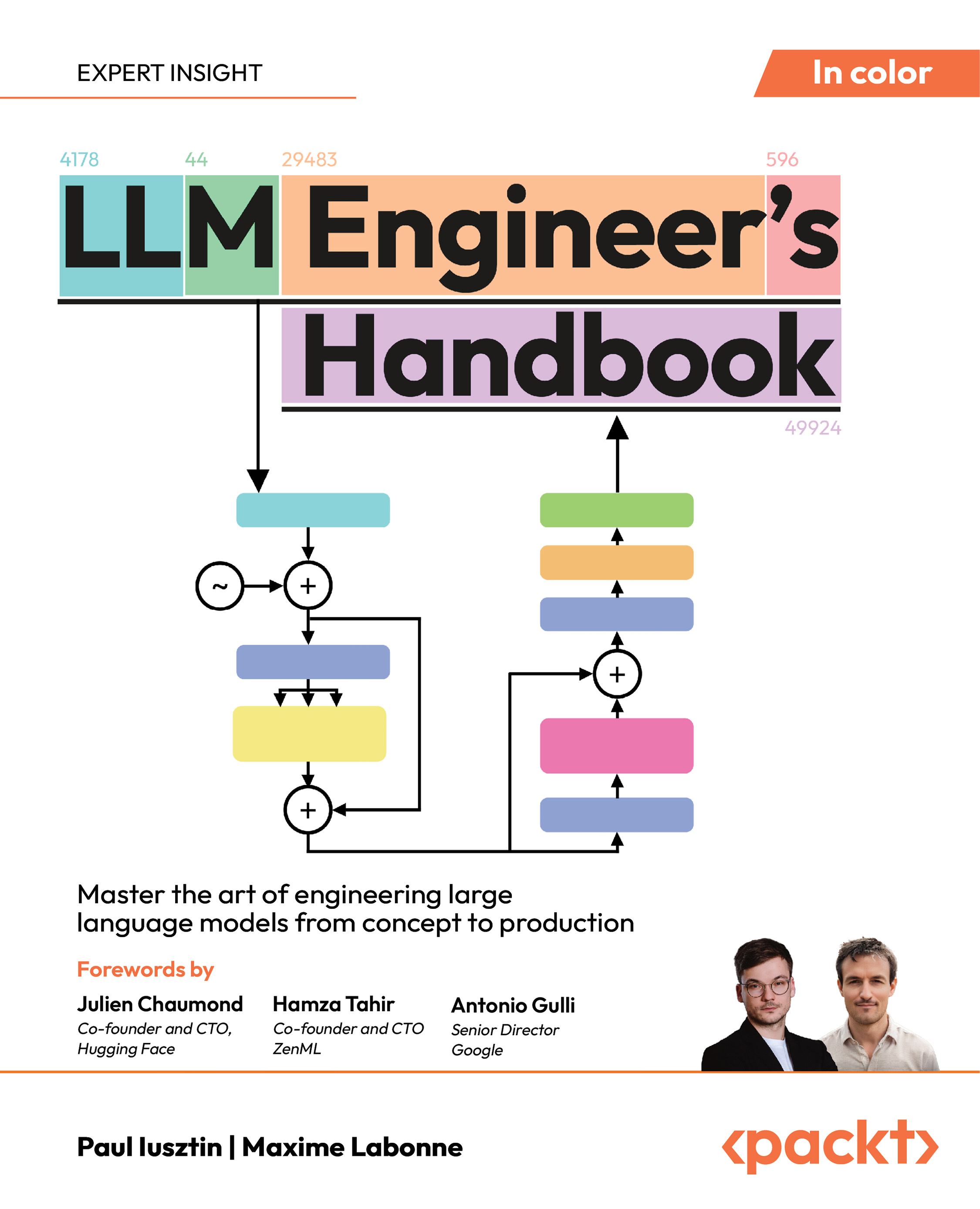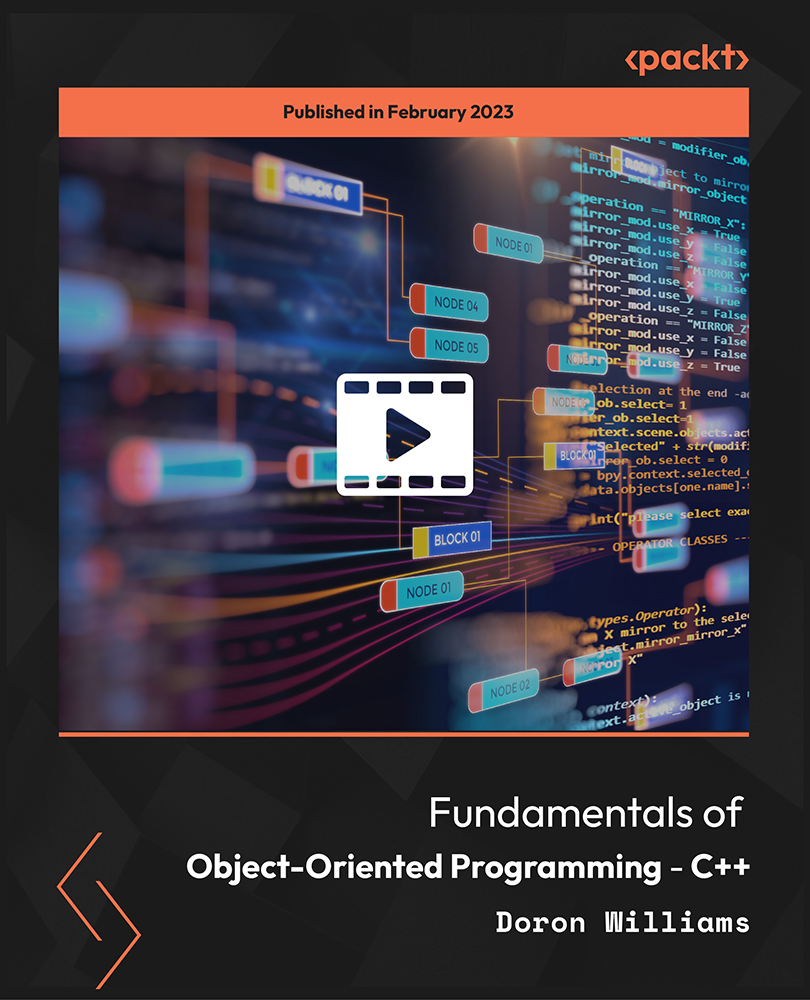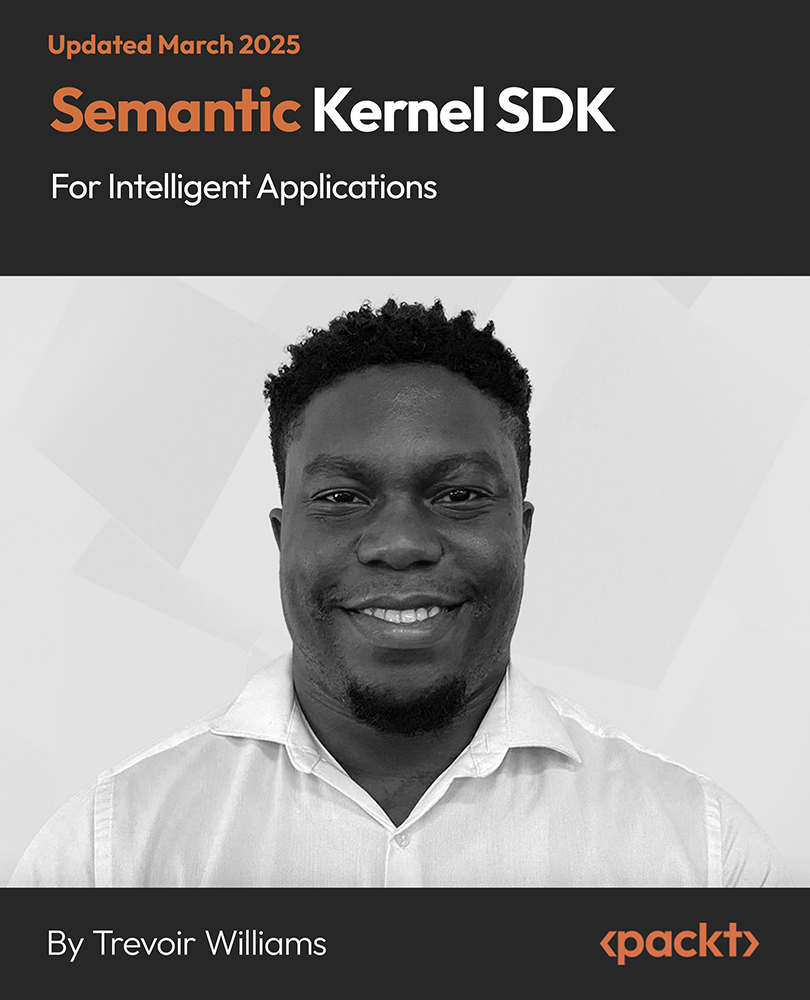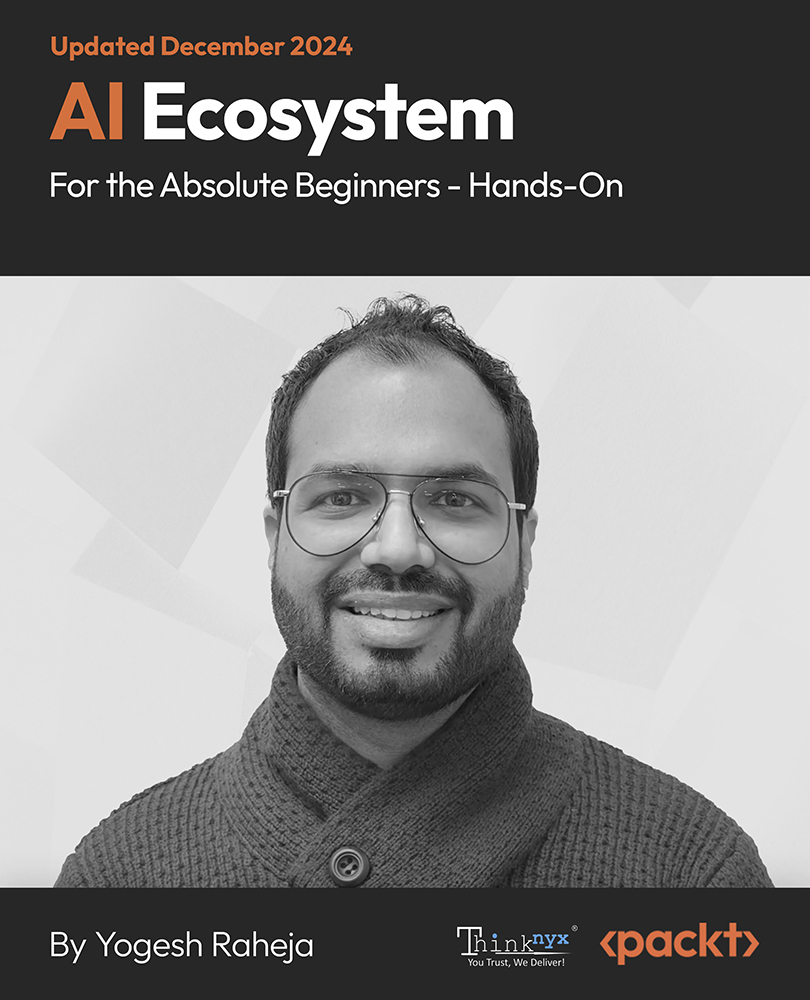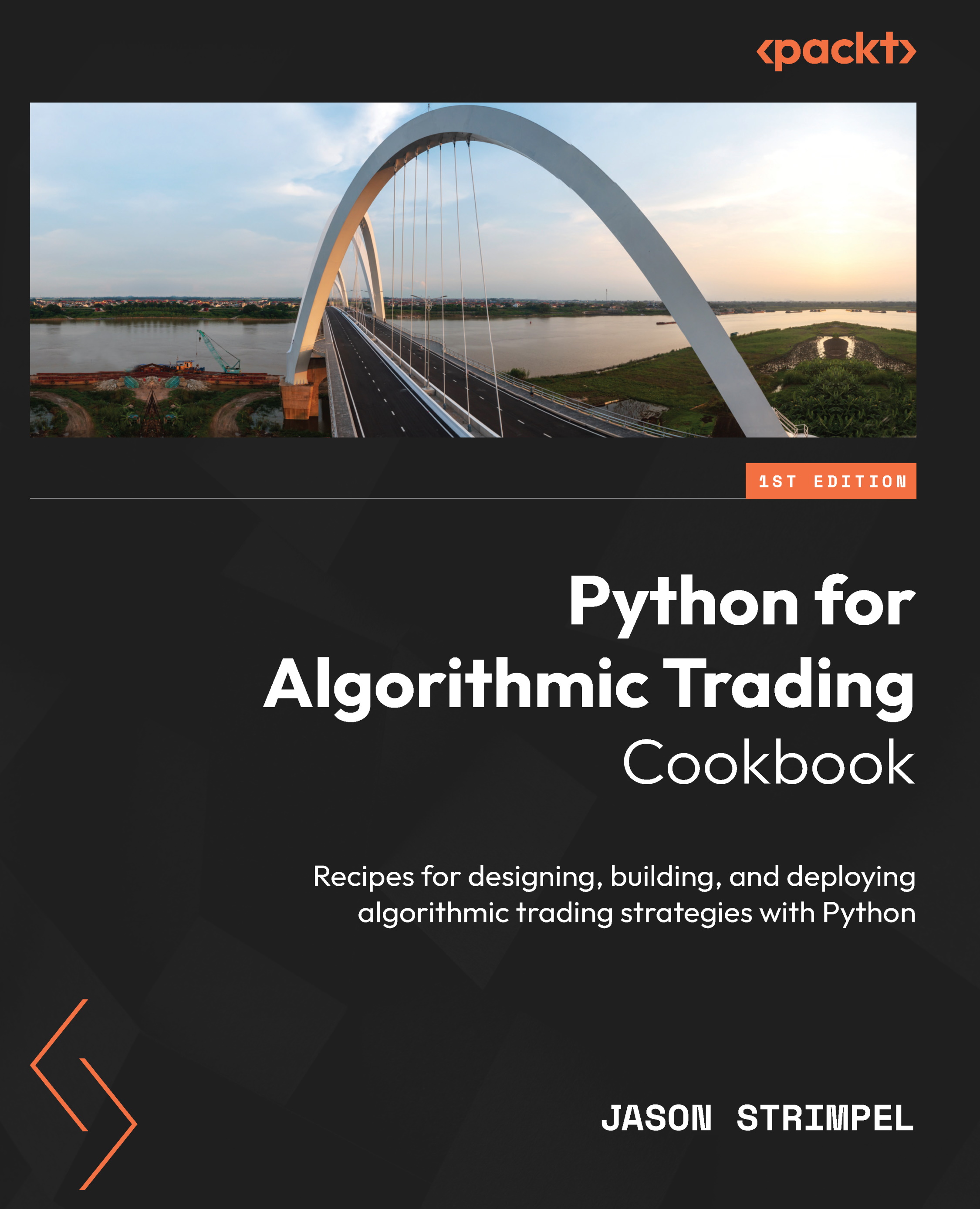Tim Berners-Lee, the creator of the world wide web, revealed his plans of changing the web for the better, as he launched his new startup, Inrupt, last Friday. His major goal with Inrupt is to decentralize the web and get rid of the tech giant’s monopolies (Facebook, Google, Amazon, etc) on the user data. He hopes to achieve this with Inrupt’s new open source-project, Solid, a platform built using the existing web format. Tim has been working on Solid over the recent years with collaboration from people in MIT.
“I’ve always believed the web is for everyone. That's why I and others fight fiercely to protect it. The changes we’ve managed to bring have created a better and more connected world. But for all the good we’ve achieved, the web has evolved into an engine of inequity and division; swayed by powerful forces who use it for their own agendas”, said Tim on his announcement blog post.
Solid to provide users with more control over their data
Solid will be working on completely changing the current web model that involves users handing over their personal data to digital giants “in exchange for perceived value”.
“Solid is how we evolve the web in order to restore balance - by giving every one of us complete control over data, personal or not, in a revolutionary way,” says Tim.
Solid offers every user a choice regarding where data gets stored, which specific people and groups can access the select elements in a data, and which apps you use. It will enable you, your family and colleagues, to link and share the data with anyone. Also, people can look at the same data with different apps at the same time, with Solid. Solid technology is built on existing web formats, and developers will have to integrate Solid into their apps and sites.
Solid hopes to empower individuals, developers and businesses across the globe with totally new ways to build and find innovative and trusted applications. “I see multiple market possibilities, including Solid apps and Solid data storage”, adds Tim.
According to Katrina Brooker, writer at FastCompany, “every bit of data you create or add-on Solid exists within a Solid pod. Solid Pod is a personal online data store. These pods provide Solid users with control over their applications and information on the web. Whoever uses the Solid Platform gets a Solid identity and Solid pod”. This is how Solid will enforce “personal empowerment through data” by helping users take back the power of web from gigantic corporations.
Additionally, Tim told Brooker that he’s currently working on a way to create a decentralized version of Alexa, Amazon’s popular digital assistant. “He calls it Charlie. Unlike with Alexa, on Charlie people would own all their data. That means they could trust Charlie with, for example, health records, children’s school events, or financial records. That is the kind of machine Berners-Lee hopes will spring up all over Solid to flip the power dynamics of the web from corporations to individuals”, writes Brooker.
Given the recent Facebook security breach that compromised 50M user accounts, and past data misuse scandals such as the Cambridge Analytica scandal, Solid seems to be an angel in disguise that will transfer the data control power into the hands of users. However, there’s no guarantee if Solid will be widely accepted by everyone as a lot of companies on the web are extremely sensitive when it comes to their data. They might not be interested in losing control over that data. But, it’s definitely going to take us one step ahead, to a more free and open Internet.
Tim has taken a sabbatical from MIT and has reduced his day-to-day involvement with the World Wide Web Consortium (W3C) to work full time on Inrupt. “It is going to take a lot of effort to build the new Solid platform and drive broad adoption but I think we have enough energy to take the world to a new tipping point,” says Tim.
For more coverage on this news, check out the official Inrupt blog.
Unlock access to the largest independent learning library in Tech for FREE!
Get unlimited access to 7500+ expert-authored eBooks and video courses covering every tech area you can think of.
Renews at $19.99/month. Cancel anytime
 United States
United States
 Great Britain
Great Britain
 India
India
 Germany
Germany
 France
France
 Canada
Canada
 Russia
Russia
 Spain
Spain
 Brazil
Brazil
 Australia
Australia
 Singapore
Singapore
 Canary Islands
Canary Islands
 Hungary
Hungary
 Ukraine
Ukraine
 Luxembourg
Luxembourg
 Estonia
Estonia
 Lithuania
Lithuania
 South Korea
South Korea
 Turkey
Turkey
 Switzerland
Switzerland
 Colombia
Colombia
 Taiwan
Taiwan
 Chile
Chile
 Norway
Norway
 Ecuador
Ecuador
 Indonesia
Indonesia
 New Zealand
New Zealand
 Cyprus
Cyprus
 Denmark
Denmark
 Finland
Finland
 Poland
Poland
 Malta
Malta
 Czechia
Czechia
 Austria
Austria
 Sweden
Sweden
 Italy
Italy
 Egypt
Egypt
 Belgium
Belgium
 Portugal
Portugal
 Slovenia
Slovenia
 Ireland
Ireland
 Romania
Romania
 Greece
Greece
 Argentina
Argentina
 Netherlands
Netherlands
 Bulgaria
Bulgaria
 Latvia
Latvia
 South Africa
South Africa
 Malaysia
Malaysia
 Japan
Japan
 Slovakia
Slovakia
 Philippines
Philippines
 Mexico
Mexico
 Thailand
Thailand

